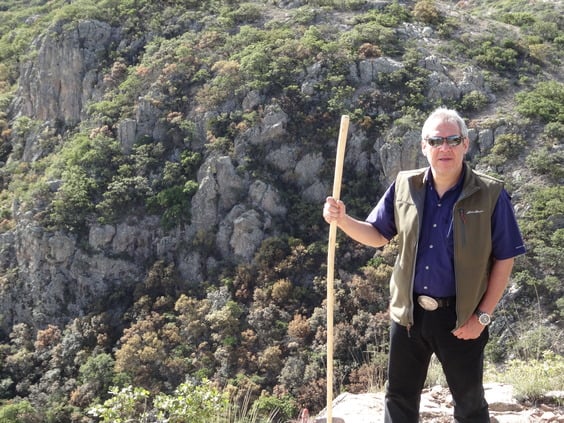Eduardo Carrera González is a biologist who graduated from the Universidad Autónoma de Nuevo León. Since 1984 he has worked at Ducks Unlimited de México, A.C. (DUMAC), where he holds the position of National Executive Director and CEO of the Organization.
Eduardo has worked in different projects related to the restoration, management, and conservation of coastal and inland wetlands of importance as habitat for waterfowl in different parts of Mexico, which has given him extensive experience in the subject. He is the author of several publications related to wetlands and waterfowl, including: Inventario Nacional de Humedales en México, Parte I, Cambio en el Uso del Suelo en la Zona Costera del estado de Sinaloa, Waterfowl Harvest and Hunters Activities in Mexico, Shorebird surveys in Ensenada de Pabellon and Bahía de Santa María, Mexico, Critical winter habitats for Pacific Flyways shorebirds, Effects of the 1997-98 El Niño event on wintering Black-bellied Sandgrouse in Mexico, Wetland issues affecting waterfowl conservation in North American Wildfowl, Environmental Diagnosis of Laguna Madre, Tamaulipas, Mid-Winter Surveys of Reddish Egret Foraging habitat in the Laguna Madre, Mexico, among others.
He initiated the Professional Training Program RESERVA, which since 1989 has trained more than 658 professionals from 22 countries in Latin America and the Caribbean. He also organizes the Wetlands and Waterfowl Ecology Workshop and is the Coordinator of the National Waterbird Census in Mexico. Eduardo currently serves in the following positions at the national level: President of the Technical Advisory Subcommittee for the Conservation, Management, and Sustainable Use of Waterbirds and their Habitats in Mexico, member of the Mexican Committee of the North American Waterfowl Management Plan (NAWMP), member of the National Council of Natural Protected Areas, member of the National Committee of Wetlands in Mexico, and is a member of several State Wildlife Councils.

